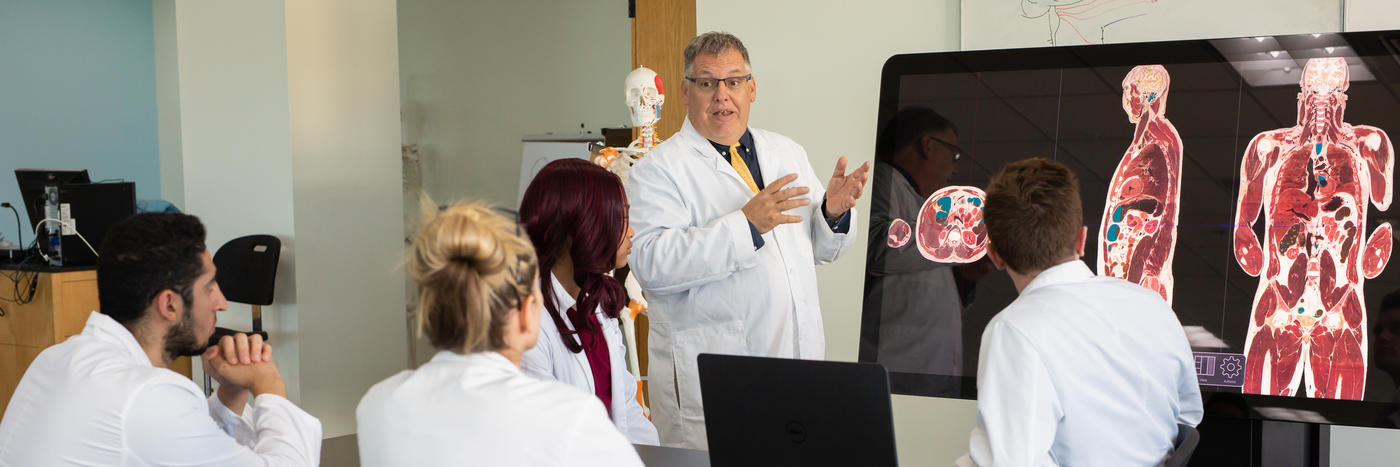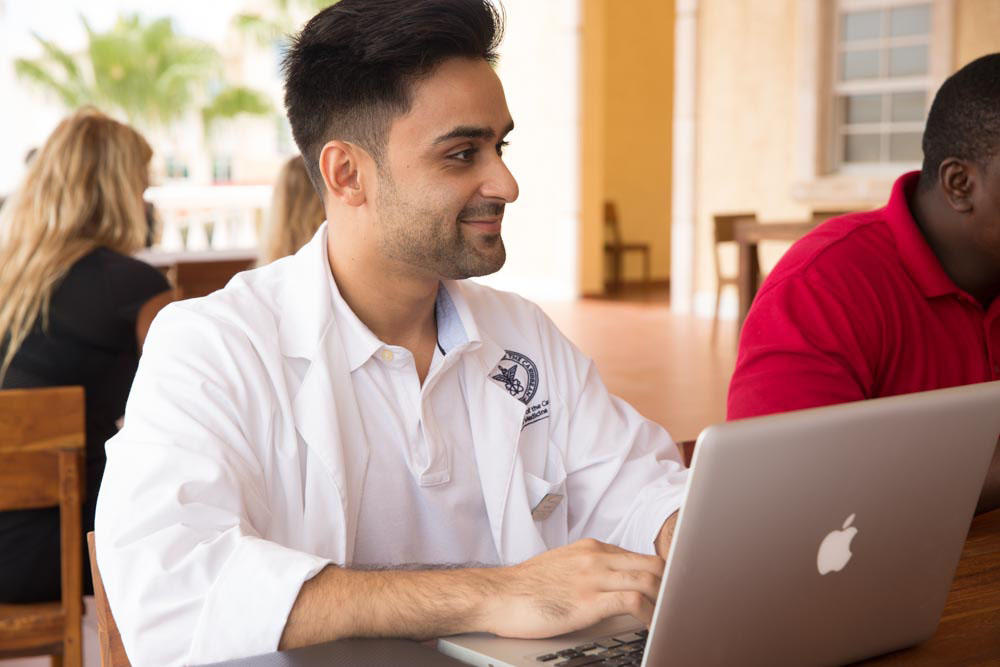What is Global Health?
Global health focuses on the health needs of people around the world. Each regional population has its own global health issues—malaria, malnutrition, or measles, for example—but those issues can affect other populations around the world. The most obvious global health concerns deal with communicable and contagious diseases, but global health factors include economic and political instability, income and social inequality, lack of education and employment, insufficient food and medicine, climate change and natural disasters, limited access to quality health care, and more. Global health is an all-encompassing concept with many cultural, economic, environmental, and social factors.
Why Is Global Health Important?
Global health is important because it affects all populations on our planet. As human beings, we are inexorably interconnected: the health of individual human beings is influenced by the global health of people, animals, and the environment. The increase in global communication, trade, and travel in recent decades has provided benefits, but it has also created problems. The movement of people facilitates the spread of infectious diseases, which can lead to epidemics or even pandemics. Look at how the devastating COVID-19 pandemic—a glaring global health issue—gained momentum until it touched every corner of the globe. Not all global health concerns are related to the movement of people. Obesity, for example, has nothing to do with contagion, but it is a key global health concern and is often referred to as an epidemic: it deteriorates individual health everywhere and is a risk factor in numerous noncommunicable diseases.
The Global Health Industry
Global health was once known as international health, and it was addressed by only a few aid organizations that dealt with outbreaks of disease or famine or other crises, such as the United Nations Children's Fund (UNICEF). Now global health includes a long list of well-being factors that are addressed by a multitude of groups and individuals. In addition to UNICEF, global health groups include such large organizations as the World Health Organization (WHO), United States Centers for Disease Control and Prevention (CDC), the Global Health Council, the United Nations Foundation, the U.S. National Institutes of Health (NIH), the World Bank, and Doctors Without Borders, as well as many smaller groups that concentrate on specific diseases, economies, locations, or populations.
Global health has become its own medical industry—albeit a mostly nonprofit one. More and more companies and organizations are addressing global health issues, and those companies and organizations need employees—in roles ranging from clerks and truck drivers to scientists, security guards, and lawyers. Global health physicians are in high demand to provide medical treatment as well as administrative and education duties, and they are needed at locations all over the world, all the time. Some accredited medical schools—such as American University of the Caribbean School of Medicine (AUC)—have dedicated global health electives that include immersive study abroad experiences, giving students a firsthand look at the global health challenges of other countries and regions. Many medical residencies include global health in their postgraduate training, and many universities offer master’s and doctoral degrees in global health. The field offers numerous opportunities for physicians and other professionals wishing to expand their personal and technical expertise—and perhaps their career horizons, as well.
Global Health Trends
Global health is fluid and ever-changing, so there is no definitive list of global health issues. A problem in one place in one year may not be a problem in the same place the next year, or it may be a much bigger and widespread problem. Plus, new global health concerns—such as the mpox (monkeypox) outbreak of 2023—are always emerging and presenting new threats or dangers. Some global health issues, however, such as cancer, air pollution, or tuberculosis, are so consistent and long lasting as to seem ever present.
NCDs include cancer, cardiovascular diseases, chronic respiratory diseases, and diabetes, and include such risk factors as alcohol and tobacco use, obesity and unhealthy eating, and physical inactivity. These global health issues account for nearly three of every four deaths globally. But even NCD global health threats vary according to where you are, both physically and economically. Their presence is global, but 77 percent of NCD deaths occur in low- and middle-income countries.
Communicable Disease
Communicable diseases include HIV/AIDS, influenza, malaria, neglected tropical diseases (NTDs), sexually transmitted infections, tuberculosis, viral hepatitis, and of course COVID-19, Ebola, and other viruses. Many of these diseases are also global, but they are among the leading causes of death and disability in low-income countries and marginalized populations.
Food Security and Nutrition
Hunger and famine remain global health problems despite significant improvement in food security over recent decades. Even in wealthier countries, natural disasters can expose political and economic inequalities, and infrastructure is strained by population growth and environmental change. Human beings rely on only a handful of animal and plant species for most of their calories, and these food supplies face an array of threats. Threats to food supplies include diseases that infect livestock, invasive pests, loss of genetic diversity, and climate change.
Environmental Health
The environment influences global health in a variety of ways. Some scientists believe the virus that causes COVID-19 originally crossed over from a wild animal, partly because of human encroachment on what was once wilderness. Ebola and HIV also emerged as zoonotic infections. As people continue to move into formerly wild areas and come into contact with previously isolated animals, new infectious diseases may emerge. Thus, protecting the wilderness from development can also protect human beings.
Environmental pollution also impacts human health, and pollution released by one country can spread across national borders. Polluted air causes illness and millions of early deaths each year. Polluted water poisons both people and animals.
There is also cross-specialty research into the health impacts caused by climate change. As temperatures grow warmer, tropical diseases reach new areas, impacting the health of patients in areas once free of the disease.
Health Inequity
Health and health equity are impacted by biological determinants as well as the conditions in which people are born, grow, and live. Political, legal, and economic determinants can exacerbate health inequity, as can social norms and institutional processes. Some countries have advanced healthcare systems that are affordable and available to all patients. Other parts of the world, especially less wealthy countries, have less developed healthcare systems, and millions of people struggle to access care. Lack of access to healthcare, whether for financial or other reasons, contributes to millions of deaths each year.
Mental Health
Often overlooked in the past, mental health is a global health issue that is finally getting the attention it deserves. Depression is a leading cause of disability, and suicide is a leading cause of death among 15- to 29-year-olds. Many people with severe mental health conditions die younger—as much as 20 years earlier than the average life span of their population—and they often experience human rights violations, discrimination, and stigma. Less severe mental health conditions can affect school or work performance, relationships with family and friends, and the ability to participate in a community. Most people in the world have limited access to high-quality mental health care services.
The Future of Global Health
Global health issues will only grow more important as countries and economies around the world become ever more interconnected. New infectious diseases and stubborn chronic conditions will always present challenges, but doctors and scientists work together globally to apply or search for solutions, and many dedicate their lives to improving global health.
What role do doctors play in global health?
Global health physicians may go beyond clinical care as they blend medicine with education, international relations, community development, research, public policy, and other fields. A global health doctor may travel frequently, particularly to low-income and underserved communities as well as areas hit by natural disasters and health emergencies. Physicians must be ready for sudden or long work sessions and understand that their own personal safety may sometimes be at risk. That said, global health physicians gain valuable experience with different people, cultures, and crises, and develop sharp critical thinking, problem solving, organization, and communication skills. They may also be able to positively influence the health futures of individuals, communities, or even entire nations.
If global health issues are important to you, and you want to take an active role in the wellness of people near you or far away, a career in global health may be for you. Learn more about AUC. Check out the MD program to see all it has to offer, and review the admission requirements. If you’re ready to start your journey toward a rewarding career as a physician, apply to AUC today!





